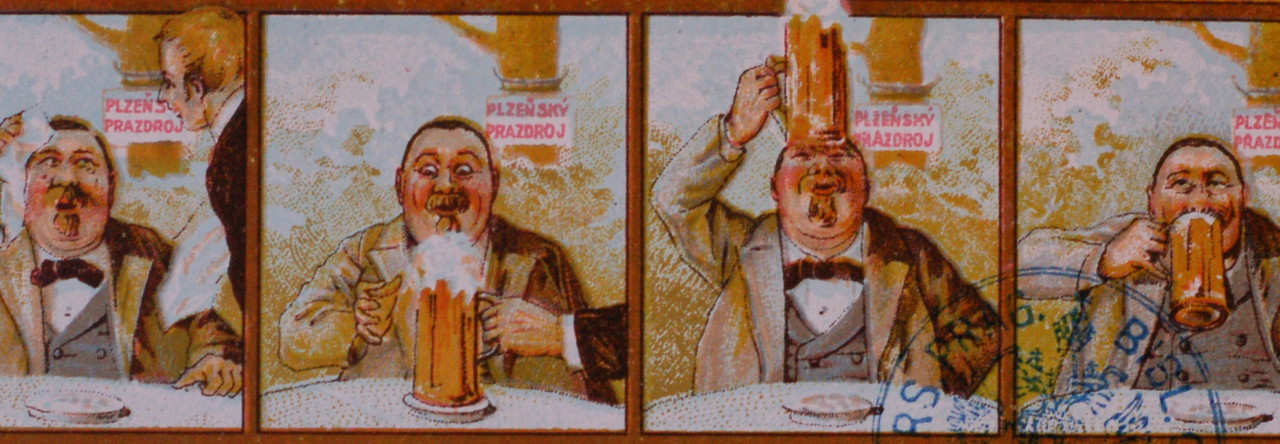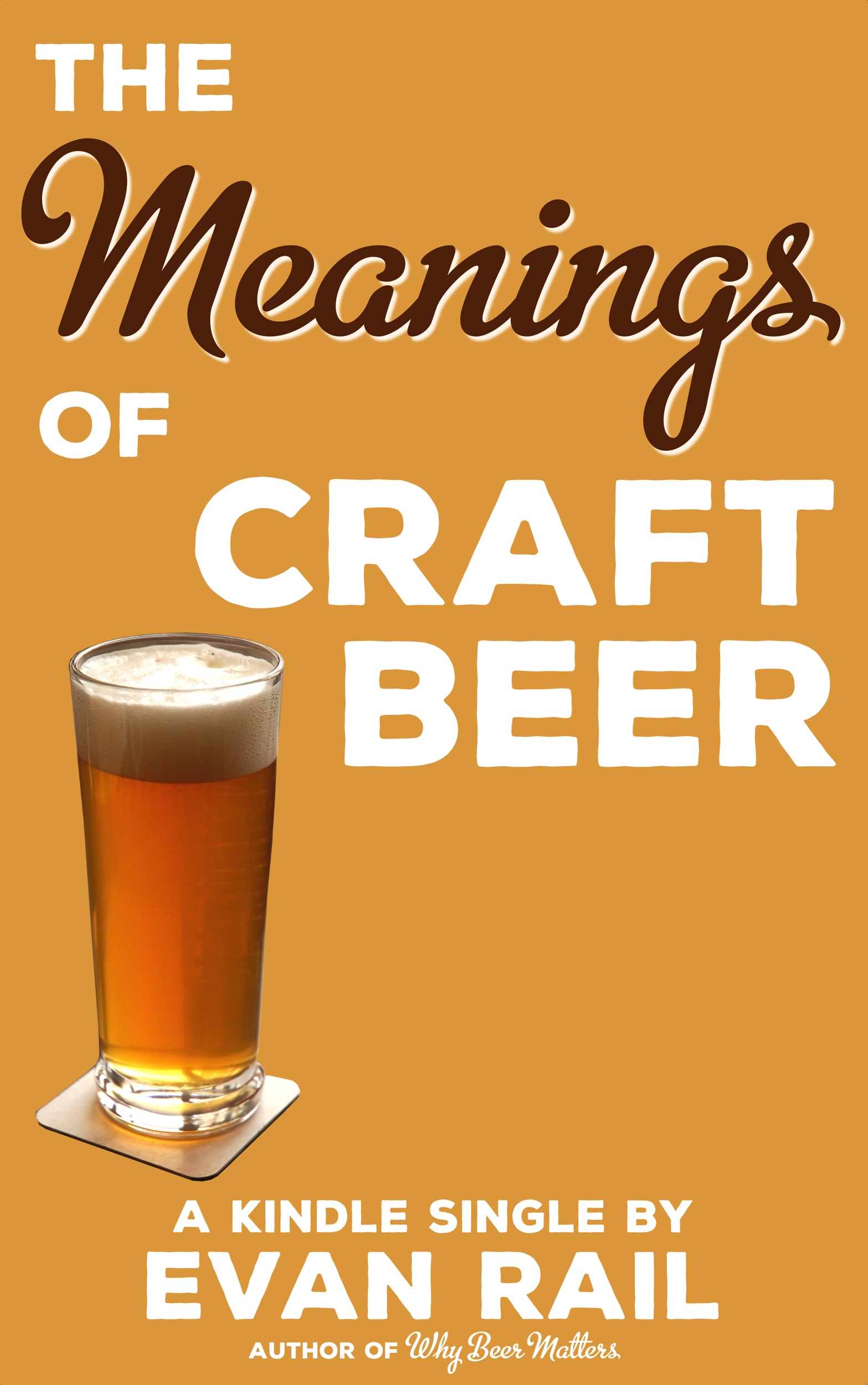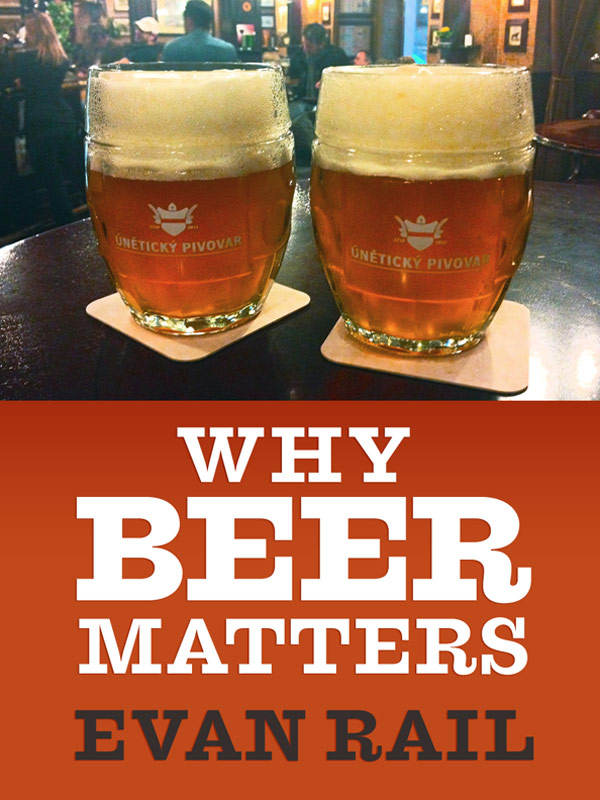
In the Czech lands, the typical serving unit for beer is a půllitr, a half-liter glass just a nudge beyond an American pint in volume and weighing in around .88 imperial pints. That is the normal beer for grown-ups, while our most common small portion is .3 liters, or just a hair over a British half. Occasionally you might see a one-liter vessel called a tuplák, much like the Maß served in Munich at Starkbierzeit. Some brewpubs serve their beer in meager .25- and .4-liter portions, and some, like Brno’s Pegas, offer a standard portion of .6 liters (over 20 U.S. ounces).
But regardless of size, Czech beer is generally served in just one material: glass. Of course it wasn’t always this way. In historical terms the traditional Czech vessel was not the see-through půllitr, but rather the korbel (above), usually made out of clay.




